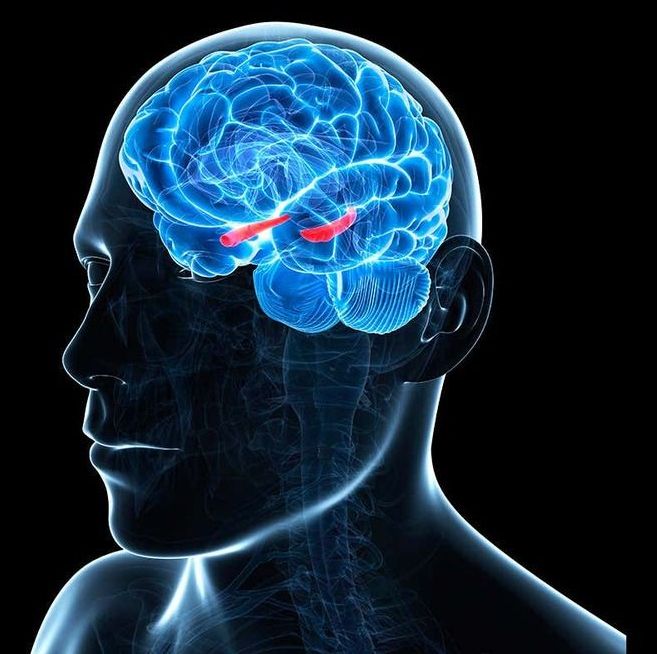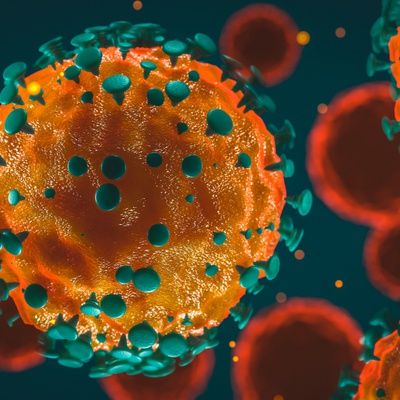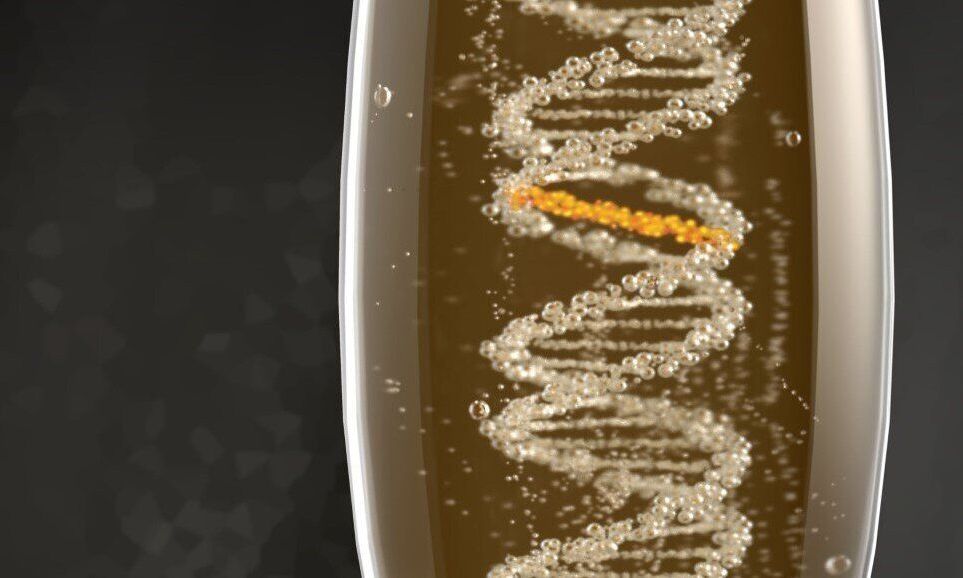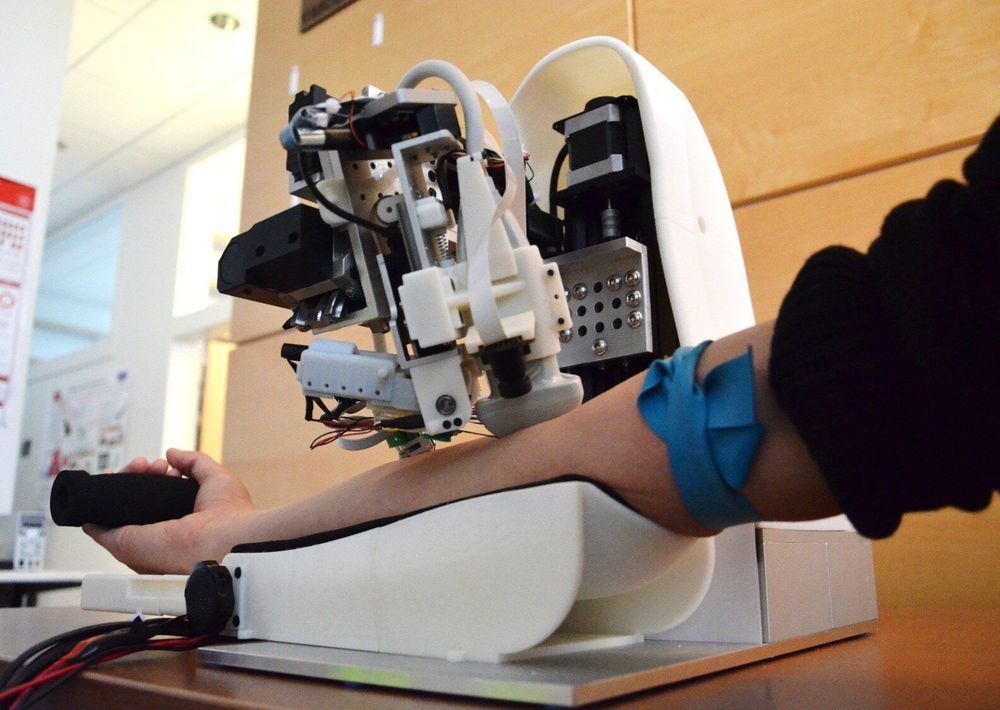The patients always knew that when he stimulated their arm, it was him doing it, not them. And when they stimulated their arm, they were doing it, not him. So Penfield said, he couldn’t stimulate the will. He could never trick the patients into thinking it was them doing it. He said, the patients always retained a correct sense of agency. They always know if they did it or if he did it.
So he said the will was not something he could stimulate, meaning it was not material.
So he had three lines of evidence: His inability to stimulate intellectual thought, the inability of seizures to cause intellectual thought, and his inability to stimulate the will. … So he concluded that the intellect and the will are not from the brain. Which is precisely what Aristotle said.






